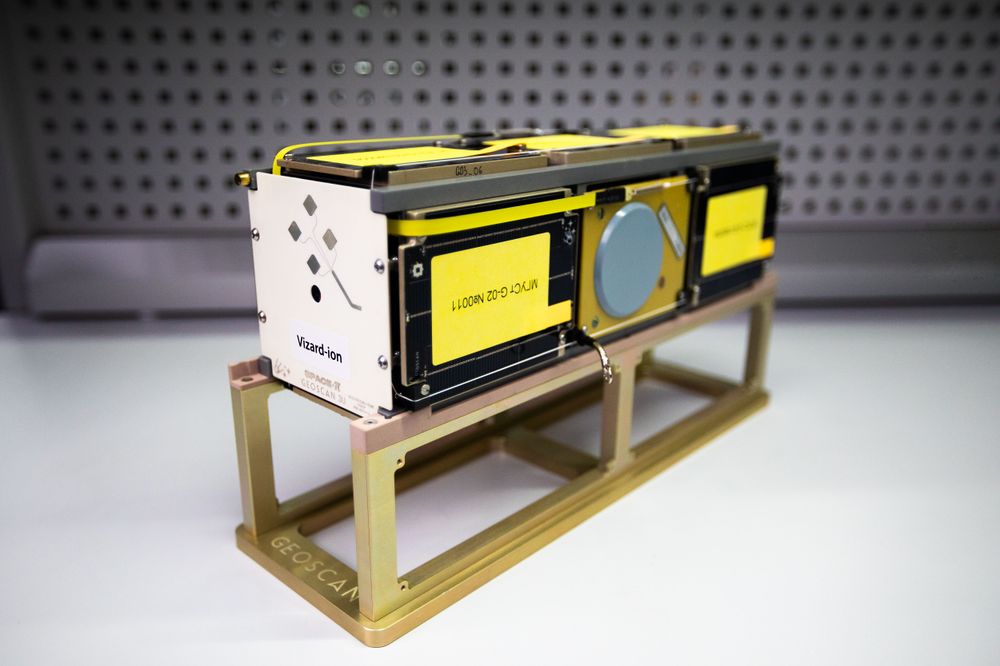Suggestion for New Satellite
Suggested by geoscan on: 2024-10-27 15:34
Citation: https://spacepi.space/satellites/vizard-ion/
Verdict: Approved
Reviewed by - on: 2024-10-31 11:36
| Name | Vizard-ion |
| NORAD ID | 98789 |
| Followed NORAD ID | - |
| Alternative Names | RS68S |
| Description | The small spacecraft "Vizard-ion" of the company "MSU-STANDART" is created on the basis of the satellite platform Geoscan 3U and is part of the VIZARD.Space group, which consists of small spacecraft for various purposes, providing the company with remote sensing data of the water surface and atmosphere, as well as monitoring the movement of ships and dangerous ice formations. The important part of the mission as it is launched through Space-п project is educational and radio-amateur activities. The satellite will take a part in them with CW beaconing, SSTV/SSDV image transmissions for amateurs around the world and will take a part in many more interesting amateur events. It is intended for flight tests of the plasma propulsion system VERA and the receiver of signals of the global navigation satellite systems GLONASS/GPS for studying the ionosphere. Another payload of the cubesat is a photo camera with a resolution of 1632x1232 (2MP). The receiver of signals of the global navigation satellite systems GLONASS/GPS installed on the nanosatellite allows using the method of radio occultation sounding of the ionosphere. For this method, the sources of radio signals are the spacecraft of the global navigation satellite systems GLONASS/GPS, and the receiver must be installed on a low-orbit spacecraft. Due to the influence of the ionosphere, a low-orbit satellite is capable of receiving navigation signals while being outside the line of sight of the navigation satellite. The experiment on radio occultation monitoring of the ionosphere will be carried out jointly with the RTU MIREA1 cubesat. |
| Owner/Operator | - |
| Status |
|
| Countries of Origin | |
| Website | https://spacepi.space/satellites/vizard-ion/ |
| Dashboard URL | - |
| Launch Date | Nov. 4, 2024, 11:18 p.m. |
| Deploy Date | - |
| Image |  |